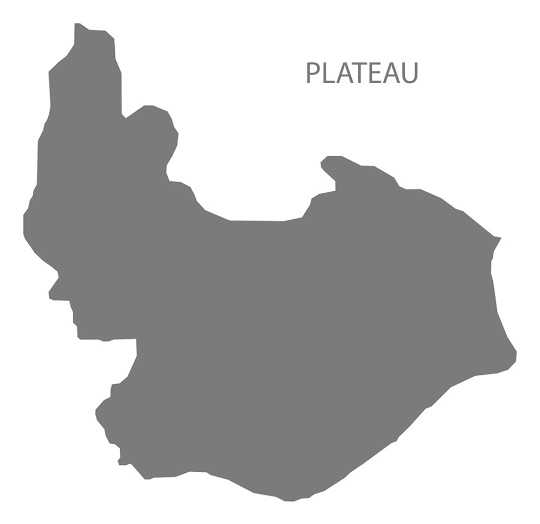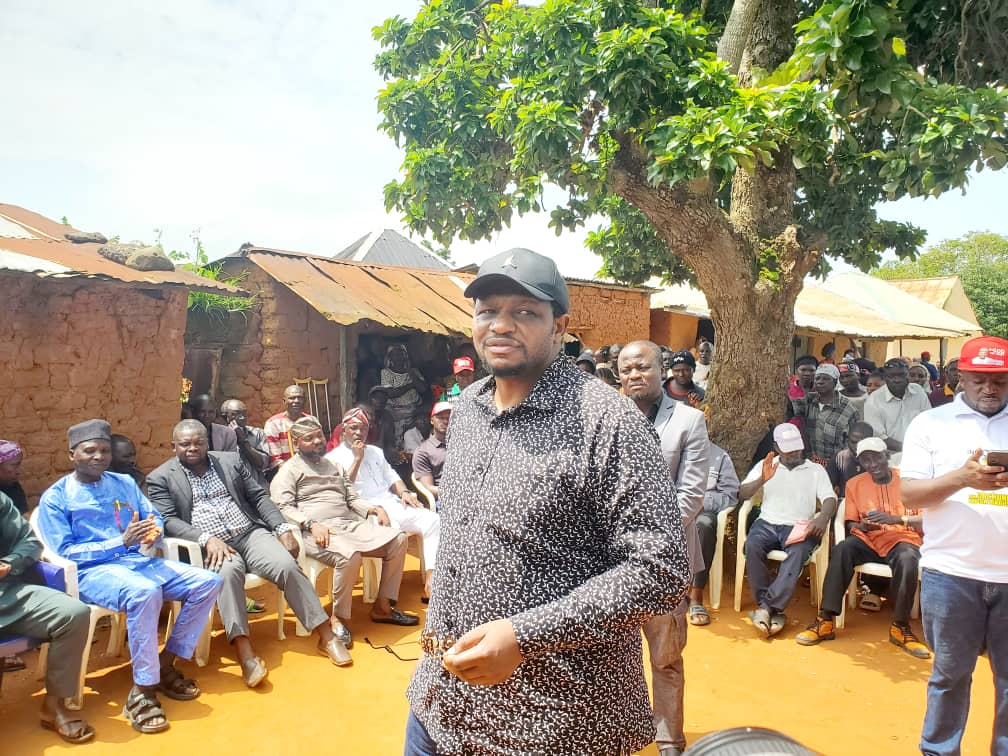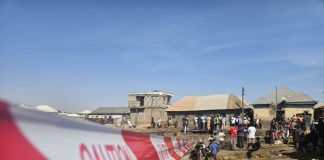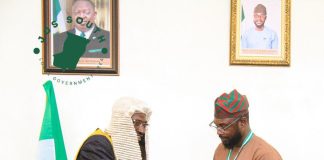For Caleb Manasseh Mutfwang, it has been another tale of a troubled inheritance, since he was sworn in as governor of Plateau State on May 29, 2023.
Literally speaking, he was handed over a state with a knocked engine: a 307 billion naira debt overhang, a demoralised civil service in limbo and tools down, a state economy in comatose and in need of life support, a tertiary educational subsector gone blank and in a state of inactivity, government offices looted and crippled, and a weary citizenry threatened by food insecurity and extinction because of the bestiality of aggressor predators invading the State from its seams and killing the citizens in horrendous numbers.
From Mangu to Barkin Ladi, Ryom, and Bokkos in Plateau Central, the atmosphere was aggressor-suffused, with danger apparently gone beyond looming to lurking, the rural population scampering and veritably on the run, with camps of internally displaced persons springing with swelling bowels as displaced and distressed citizens turned- in in droves and quantum to signify an inevitable emergency and urgency.
Lucky with an unambiguous physique and a corresponding intellect, Mutfwang rose stoutly to the occasion to reverse the bad advertisement that daily reports of killings in different locations were causing the State and its political leadership. First, he shunned the distractions of a ruing opposition that was working hard to discredit its probe, and divert the searchlight of the assets tracking and recovery committee from its thieving elites who were running away with stolen Government property.
At some point, it was thought in some places that the sustained unprovoked nocturnal terrorist attacks on Mangu and the environs were a product of political frustration by a political opposition smarting from electoral rejection and humiliation, determined to intimidate and harass Governor Mutfwang out of focus and push him towards a post-electoral capitulation. For days, the organised and well-armed attacks repeated, with a casualty figure in the hundreds in about a week. The ferocity of attacks and the comprehensive damage that was their toll sparked a paroxysm of fear as much as it attracted national sympathy and international concern.
The Governor’s visit to President Bola Ahmed Tinubu, and later the Service Chiefs, produced urgent deployment of troops to Mangu, which enervation was boosted not only by the Army Chief’s visit to address and boost the operational morale of the troops, but also by the physical relocation of the operational base of the GOC 3 Div, Jos, to Mangu, where he led the counter terrorism operations himself. That calm has returned to Mangu and the environs owes to the governor’s focus and consistent line action of appealing to the military high command, and the President’s prompt response, and the professional despatch displayed by the Military echelons.
Thus, in a retreat held for Plateau State government appointees, permanent secretaries, and heads of agencies at the National Institute of Policy Strategic Studies, (NIPSS), Kuru, a fortnight ago, sustenance of peace and security were a prominent feature of the curriculum of issues addressed by discussants, and participants were urged to develop the right mindset and attitude towards work generally, as it is believed that this will translate into good governance which in turn will generate citizen satisfaction, sense of justice, and inclusiveness.
Part of the communiqué of resolutions from the Retreat urges those in the service of the Government to “rise above the years of socio-economic, political, and security struggles, and work towards an enduring Plateau heritage”, and “practice sound lifestyles that will birth productivity and effectiveness in both workplace and private lives”.
The search for enduring security continued last week not only with the announcement that the state-owned Operation Rainbow has been resuscitated and will launch into renewed operations soon, but the reconstitution of the Plateau Elders’ Forum, an assemblage of retired professionals and technocrats, to serve as a repository for Government on state matters.
During a meeting with the Elders’ Forum last Monday, it was a moment of sobriety and hard truth for Governor Mutfwang who corrected what appears to be a deliberately – even maliciously – twisted perspective in the course of reporting, debating, discussing, and commenting on the recurrent Plateau crisis.
According to Mutfwang, the attacks and aggression in Plateau are perpetrated and sustained by external invaders on a self-serving mission, insisting that what is referred to as “farmers-herders clash” does not take place in Plateau, and that that position is deceptive, misleading, and begs the truth and the fact. Many journalists and civil society workers agree with the Governor that the phrase “farmers-herders clash” is a false and misleading picture of the sustained savage and bloody operations of non-state actors in Plateau over the years.
After the September 2001 sectarian crisis that redefined the sociology and communal bonds of Jos and, indeed, Plateau State, what has persisted as “Plateau killings” shifted field from urban fracas to rural ambush, invasion, and mass massacre. From Yelewa-Shendam in Plateau South to Dogon Nahawa and Irigwe land in Bassa in the State’s north axis, the attacks and killings have maintained and sustained a nocturnal character as the invaders always arrive in the night, take their victims by surprise with the conniving perfect uncertainty of nightfall and the darkness it bears, kill massively – women, children, and all, set houses ablaze, destroy farms, and depart in the darkness of the same night.
Journalists and civil society workers also argue that “clash” presupposes a situation where both sides are approach each other with provocation and emotional preparedness. But the trend has consistently revealed that the aggressor invader is armed, rehearsed, prepared, systematic, and takes on the victims in their subconscious and inactive state.
To further deflate the “farmers-herders clash” narrative, a phraseology apparently promoted by some elite collaborators of the predatory agenda to supplant Plateau natives and their heritage, questions are bandied as to why mere “clashes” should culminate in land grabbing, displacement of the natives, and forceful takeover of their homestead, and rendering them refugees, wandering and groping for their deserved heritage.
Land grabbing has led to forceful occupation of hundreds of villages in Riyom, Barking Ladi, and Bokkos local government areas, with Mahanga in Barkin Ladi, allegedly renamed “Palestine”, a notorious base from where attacks are conceived, planned, rehearsed, and launched.
Again, the questions are asked: do herders carry weapons? Are they supposed to be armed? By whose authority do they carry arms, if they do? Is herding a night business? Why are the cattle not always seen with the attackers? Are “farmers” farming in their homes in the night? What of women and children – are children farmers?
Governor Caleb Mutfwang lamented during last Monday’s meeting with the Plateau Elders Forum that his administration inherited a “reign of terror”.
According to him, “what happened in Plateau, particularly Mangu, was insurgency. Plateau people are not fighting themselves or anybody. It was a complete invasion and insurgency bearing terrorism. We must rise together as Plateau people and confront the challenge that insecurity and insurgency have put before us. There is nothing like farmers-herders clash! The couple that was killed about two weeks ago at the BECO High School, Kwi, in Ryom, was not fighting anybody. They were killed at their duty post while in active service in their fatherland.”.
Plateau killings: getting the perspective right is to disambiguate the prognosis, towards a clinical diagnosis, for an enduring therapy.







